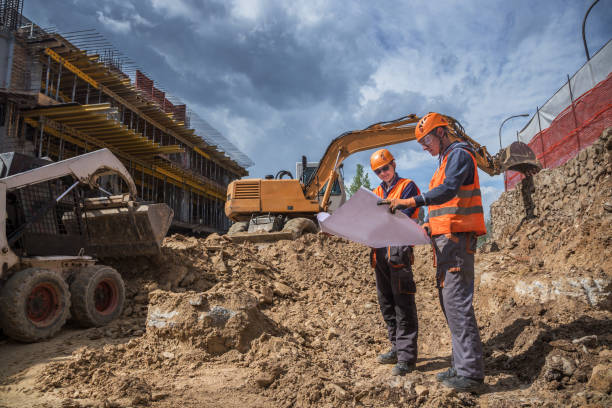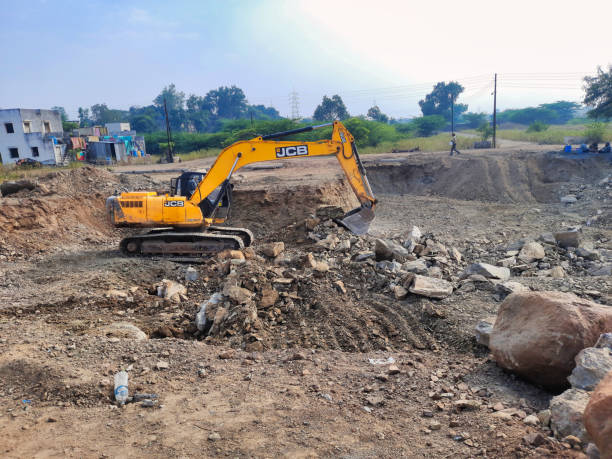Ahead of the Autumn Statement last week, there were plenty of people in the industry preparing for the worst with perhaps not much hope for the best. Critical programmes, from Northern Powerhouse Rail to HS2 and Sizewell C, all looked to be in the chancellor’s sights. Patricia Moore is UK managing director at Turner & Townsend Thankfully the rumoured cuts in major infrastructure and capital spending proved unfounded and there were audible sighs of relief as Jeremy Hunt stood down from the despatch box. Although capital spending will not be cut in cash terms, the chancellor is letting inflation swing the axe instead with UK prices now rising at 11.1% – a 41-year high. This does mean that the existing pipeline of much-needed rail and nuclear investment will continue, as well as new hospitals and broadband improvements. But the reality is that both government departments and project teams will be expected to do more with less as inflation erodes their spending power.

Productivity is paramount
The weight of responsibility has often fallen on infrastructure and construction to keep the wheels of the economy turning. This time, it will again be down to us and our teams to ensure that we are efficient and targeted despite the pressure on resources. The watchword will be productivity – and skills are fundamental to this. We all know that our sector has a skills shortage but we need to be developing our next generation of traditional skills while also accelerating the development of new skillsets and pathways that can deliver the efficiencies we need while also having the potential to help us reach our wider social and sustainability goals. The use of modern methods of construction in the new hospitals programme, now reconfirmed by the chancellor, provides an exciting platform with government backing, to underpin the development of a new systems approach to construction. The same principle is true across life sciences construction, advanced manufacturing, and green industries – where rapid growth is likely in the years and decades to come.Sustainability is also central to this agenda. The Construction Leadership Council has led the way on acknowledging the need for green skills by endorsing a new report, by NOCN Group and BACH, that stresses net zero will only be achievable with an increase in the size of the ‘green’ workforce. Doing so allows us to hit multiple objectives at once – improving productivity, streamlining our projects in the face of inflation, and paving the way to net zero in the wake of COP27.
Embracing digitalisation
A major part of this upskilling and productivity-boosting process will be improving the knowledge, understanding and appreciation of digitalisation. The chancellor recognised this as he spoke of the UK “needing to become the next Silicon Valley” – and our sector must heed that call. Construction and infrastructure have historically been behind the curve on digital, but with budgets set to tighten there is no more important time to take advantages of the benefits and efficiencies that digitalisation brings – particularly in enabling complex investment programmes and major projects. We need to embed the principle of being “digital first”. Embracing the full potential of digital tools, innovation and new technology at every stage from project planning through management and construction to delivery. Improvements in computing power, drones, data gathering, AI analytics, and digital project management offices (PMOs enhanced by digital tools) – these can all radically simplify programme management, reporting, benchmarking and pre-emptive decision-making. While global programmes are becoming increasingly aware of the benefits of these innovations, more project teams and business here in the UK need to embrace the potential of these tools and the fundamental value of data that underpins them.

Setting out a strategy
In terms of how the government can support this, what the sector needs even more than investment is a committed pipeline and strategy for infrastructure in the UK. The current cohort of major programmes gives a great opportunity to look ahead – beyond their schedules and beyond the recession. The skills and experience gained as these are delivered is a perfect chance to feed the next set of world-class programmes – so we must make sure that they set the right example. This argument is one of the key recommendations made in Programmes with Purpose, a report we were proud to partner with the CBI on, and it stands truer than ever as we face the challenges of the future today. The chancellor called for acceleration of nuclear, offshore wind, infrastructure and renewables – and the outcomes of COP27 raise these even higher up the agenda. For our industry to transform performance and deliver through tough times, we need a firm strategy to show the government’s commitment to our sector not just until the next election, but for years and decades to come.


Recent Comments